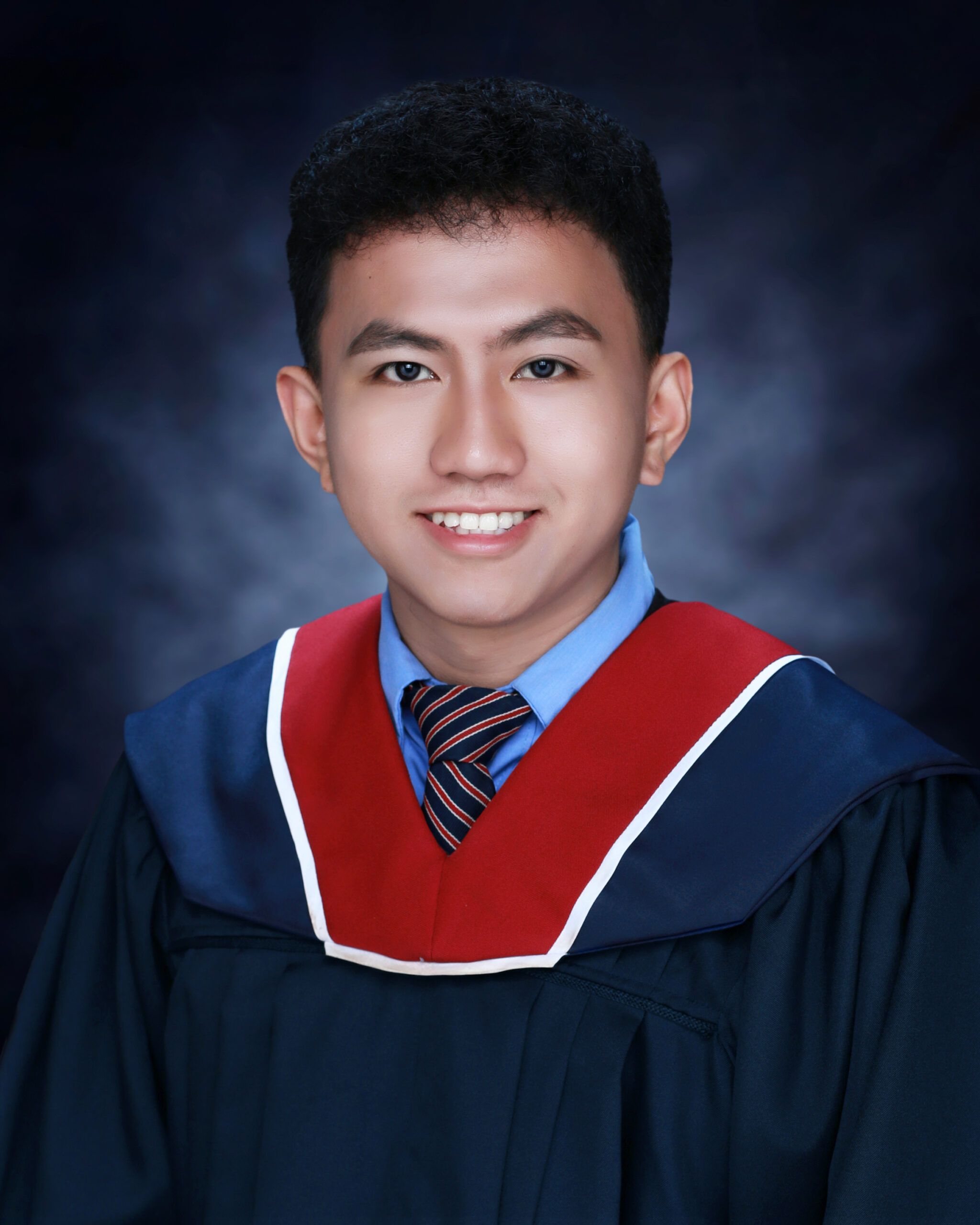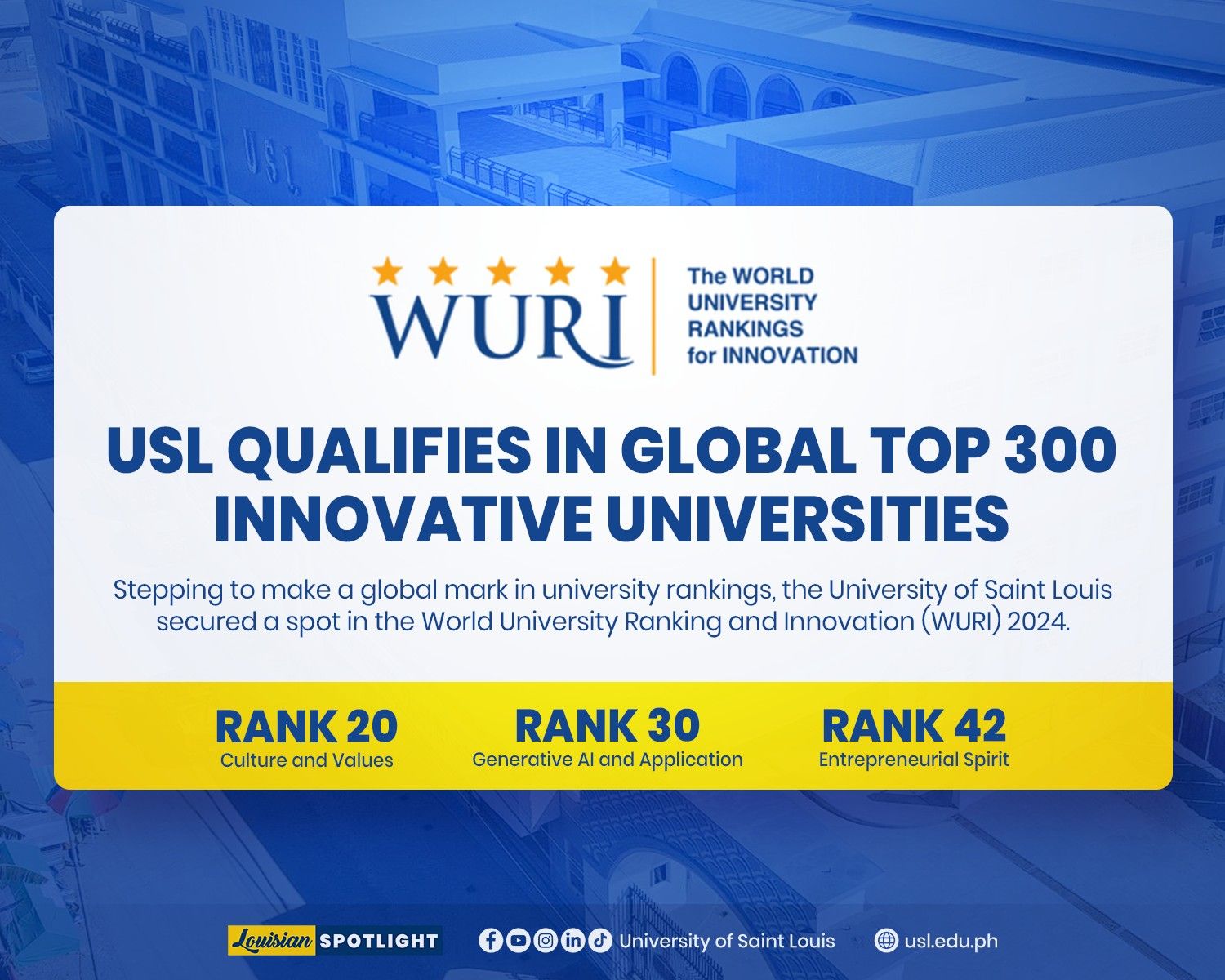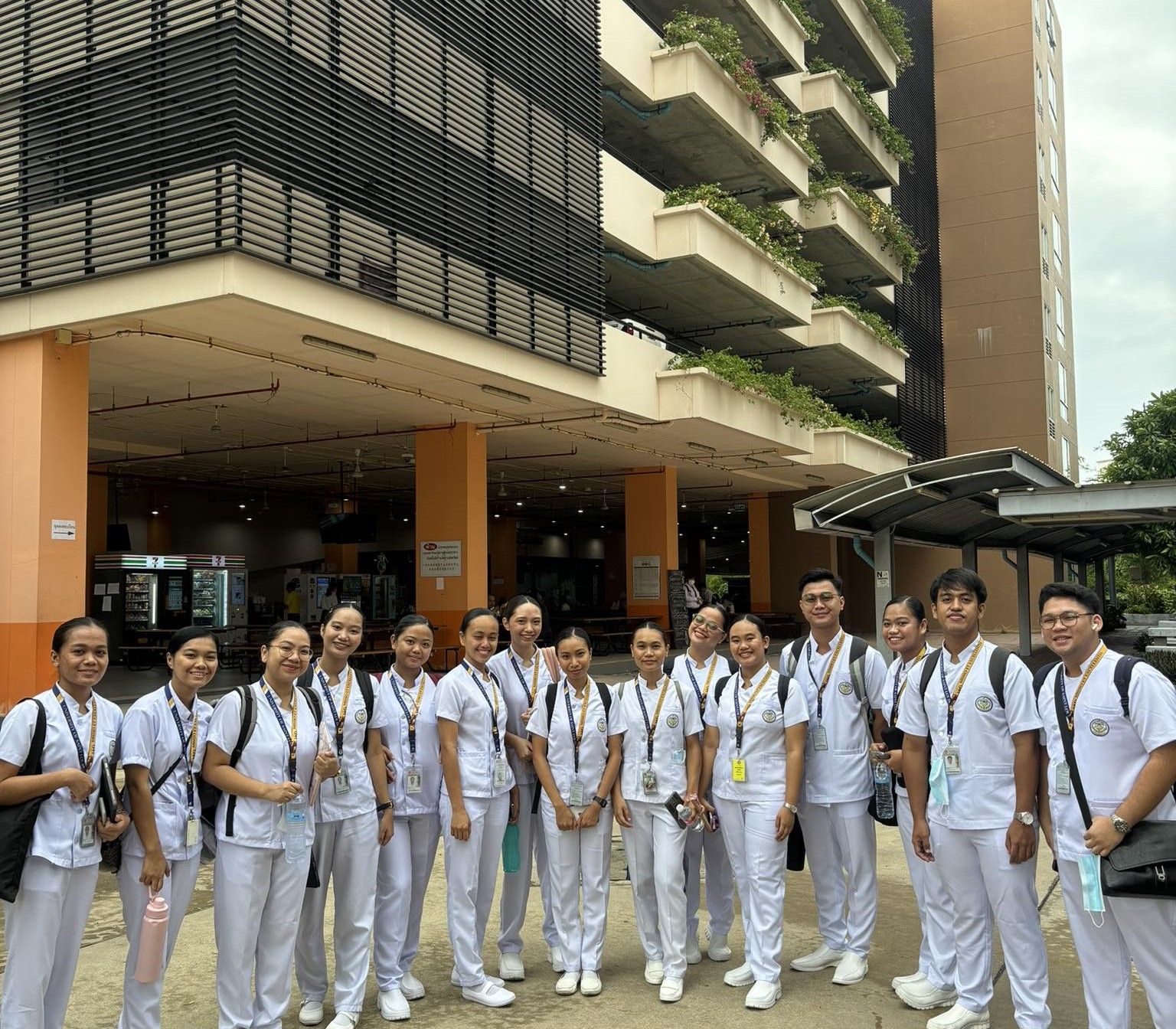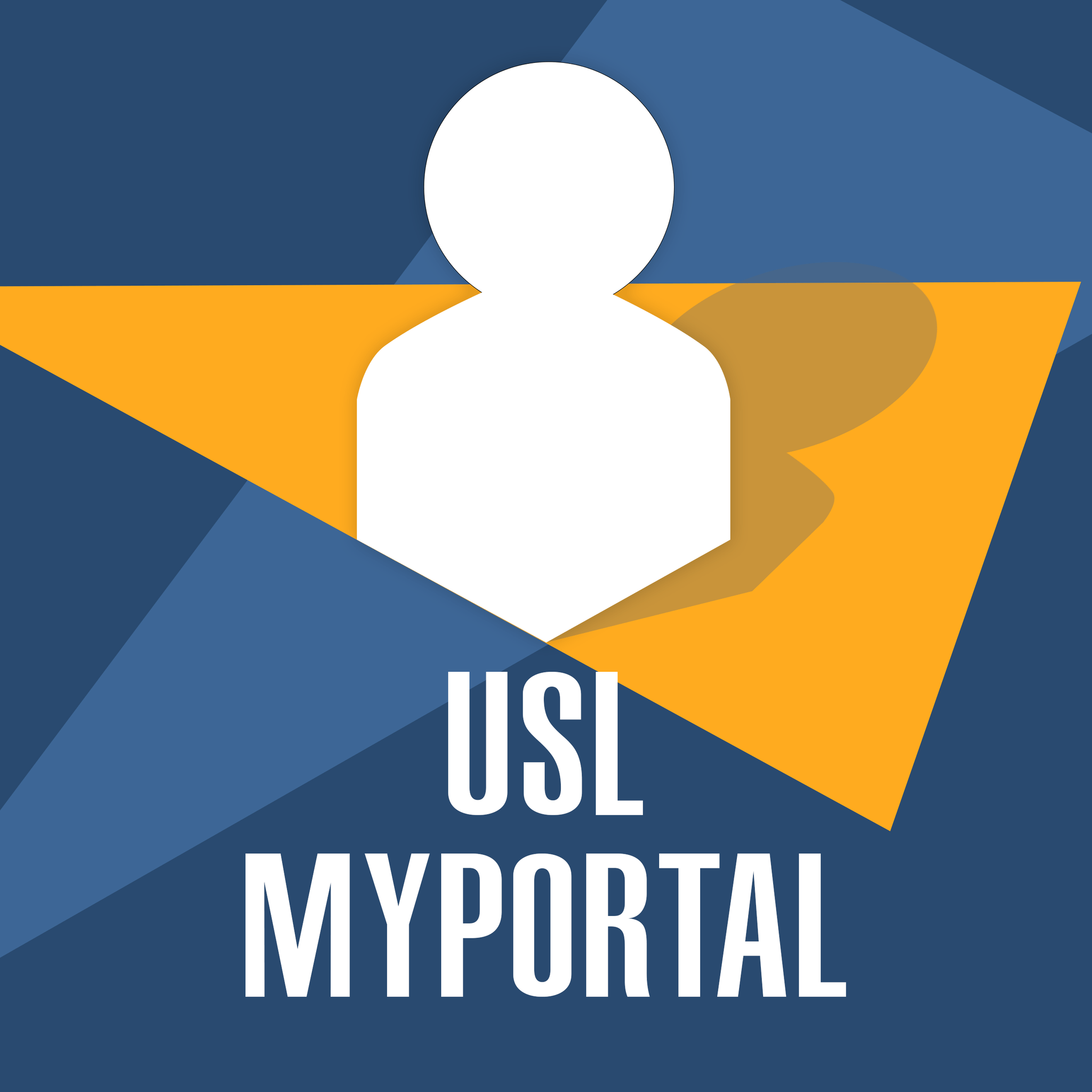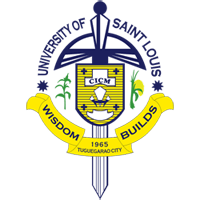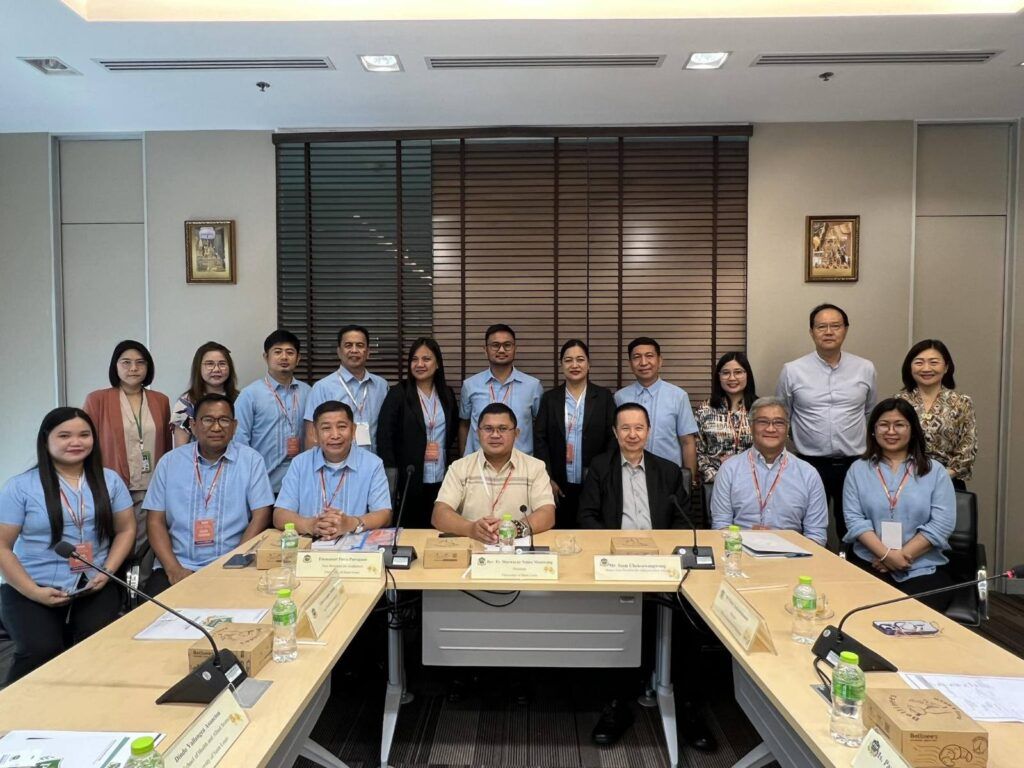
The University of Saint Louis delegation, in partnership with Phoenix Publishing Incorporated, embarked on an international benchmarking trip on April 25, 2024, at Panyapiwat Institute of Management (PIM) in Thailand.
USL sought to gain deeper insights into work-based education and draw from the experiences of PIM, a 17-year-old institution and one of Thailand’s first and largest corporate universities.

Pioneering work-based education, PIM cultivates graduates who are not only academically strong but also job-ready. Their unique approach fosters corporate values and societal sustainability, ensuring graduates possess the knowledge and skills highly sought after by the market and various business partners.
USL delegates received a warm welcome from Dr. Siam Choksawangwong, Executive Director and Senior Vice President for Administrative Affairs; Dr. Usanee Kulintomprasert, Director of International Relations; and Ms. Watanya Dabbavadhana, Manager of International Relations. Their team has facilitated engaged discussions and campus tours among the delegates.
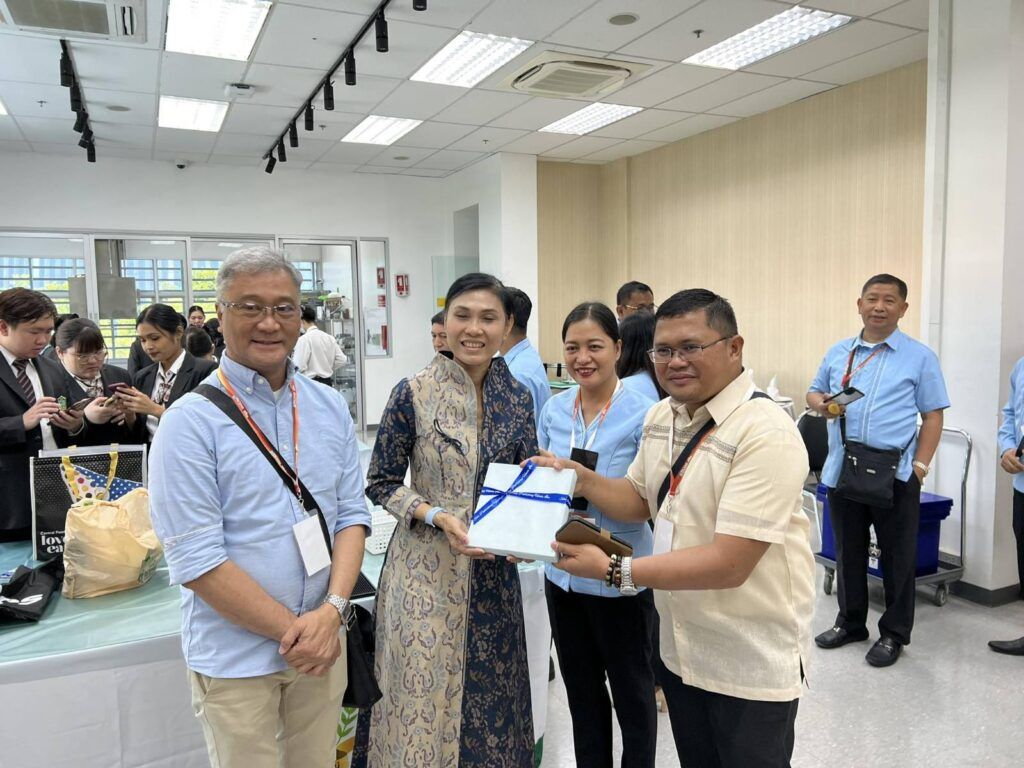
Following the benchmarking initiative, some of the participants shared their key takeaways.
Dr. Corpuz stated, “The international benchmarking permitted us to realize the value of practice over theory. The work-based educational approach is fitting for HEIs, whose primary thrust is to prepare students for the real world of work. There are two ways to do this. The first is to provide structures and support for creativity and innovation within the bounds of the school. The second is to partner with organizations or industries to open beyond-the-box opportunities for theoretical practice and skill advancement.”
Dr. Victor added, “PIM benchmarking highlights the value of practical experience over theory. Work-based learning is ideal for HEIs aiming to prepare students for real-world jobs, achieved through fostering creativity within the institution and collaborating with industries for hands-on skill development, a real application of Outcome-Based Education (OBE).”
Dr. Tuliao said, “The institution employs a work-based curriculum, which is an educational approach that integrates real-world work experiences and skills development into the learning process through their intensive internship program. Here, the students actively apply theoretical concepts to tangible tasks and projects, fostering a seamless transition from classroom theory to real-world practice. Another notable practice is the provision of state-of-the-art simulation laboratories for all the programs it offers. The simulation laboratories provide an immersive learning environment that faithfully replicates real-world work situations and scenarios. Instead of relying solely on theoretical readings or lectures, students engage in active, hands-on participation, enabling them to apply practical knowledge and skills. This approach fosters a deeper understanding and mastery of concepts by allowing them to directly experience the challenges and dynamics they would encounter in their professional roles. It has to be noted, too, that many of these laboratories were established in collaboration with the institution’s partner industries.”
Dr. Asuncion cited, “First, the school has an innovative curriculum that blends classroom lectures with on-the-job training. It provides the students with the opportunity to learn theory and concepts in the classroom and apply them in the workplace. It also assures them of employment after graduation. Second, their business networks are so impressive that they have upscaled and expanded within a few years. Their business model, such 7-Eleven, provides cash flow to the institution while providing an avenue for their OJT. Lastly, their innovative centers and laboratories provide avenues for students’ ideas and creative works to be realized. It also provides actual manipulation of technology/robotics for better appreciation.”
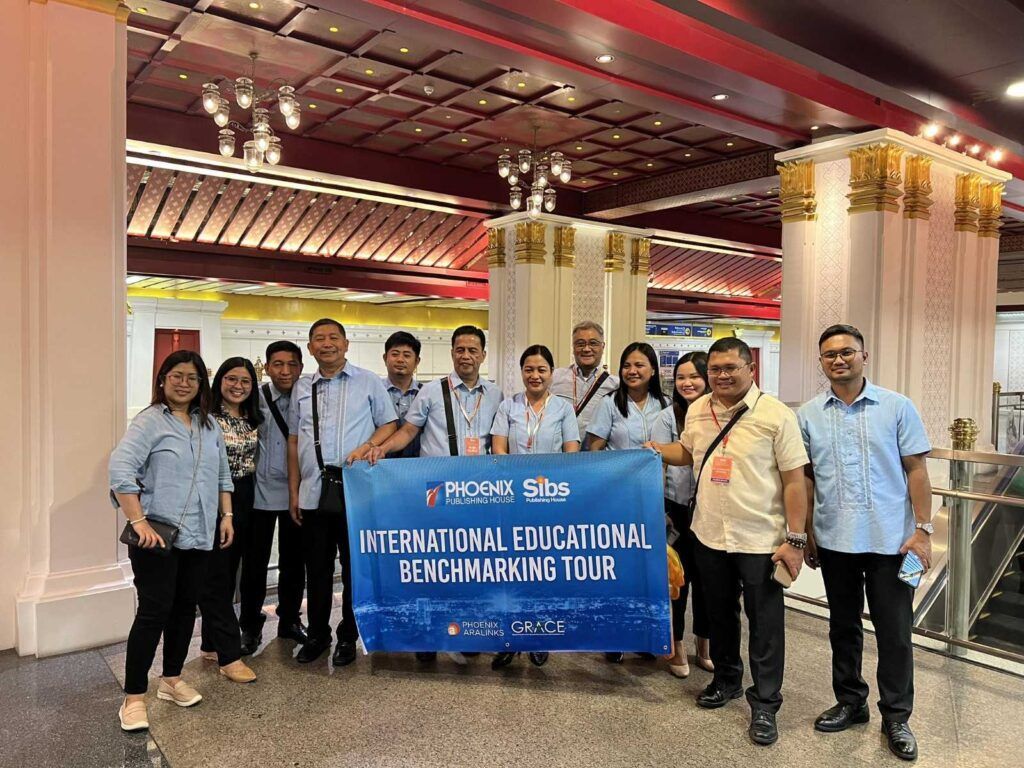
Remarkably, the international benchmarking program featured new learning insights and best practices to inspire USL’s academic endeavors. The activity was attended by Rev. Fr. Macwayne N. Maniwang, CICM, Ph.D., University President; Dr. Emmanuel James P. Pattaguan, Vice President for Academics; Dr. Celso L. Tuddao, Vice President for Finance; Mr. Cirilo R. Parallag Jr., Dean of Student Affairs; Dr. Alicia S. Tuliao, SABH Academic Dean; Dr. Herbert S. Corpus, SEAS Academic Dean; Dr. Dindo V. Asuncion, SHAS Academic Dean; Dr. Victor C. Villaluz, SEAITE Academic Dean; Dr. Rizza V. Ramos, University Marketing/Internationalization Officer; and Mrs. Lily-Ann dela Cruz, BSIT/BSCS Department Head.
This experience highlights the power of international collaboration in driving academic excellence. USL is eager to explore further partnerships with institutions around the world.


